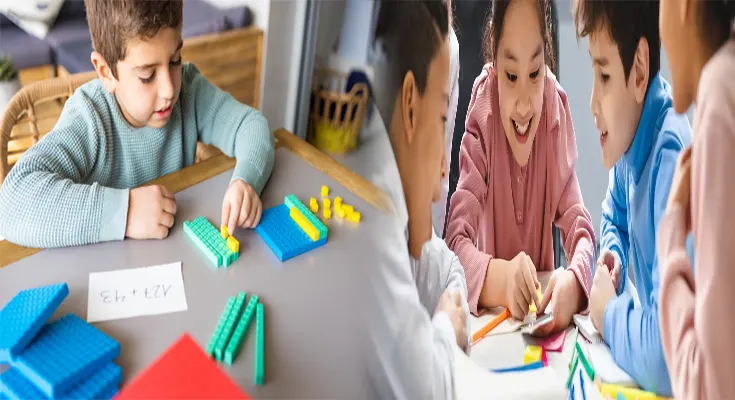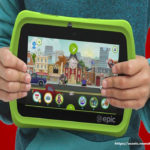In today’s educational landscape, fostering collaboration and teamwork skills among students is essential for their future success. One effective way to promote collaboration in the classroom is through team-based learning games. These interactive activities not only engage students in the learning process but also encourage communication, cooperation, and collective problem-solving. Here are some engaging team-based learning games that can be incorporated into classrooms to encourage collaboration:
1. Quiz Bowl
Description: Quiz Bowl is a competitive team-based game where students answer questions on a variety of subjects. Teams work together to strategize, assign roles, and communicate effectively to score points.
How it Encourages Collaboration: Quiz Bowl promotes collaboration by requiring team members to actively listen, share knowledge, and support each other in answering questions. Through collaborative efforts, students learn to leverage each other’s strengths and work towards a common goal.
2. Escape Room Challenges
Description: Escape Room Challenges simulate the popular escape room experiences where teams solve puzzles and riddles to “escape” within a set time limit. Students must collaborate, communicate, and think critically to uncover clues and solve the mystery.
How it Encourages Collaboration: Escape Room Challenges foster collaboration by promoting teamwork, communication, and critical thinking skills. Students learn to delegate tasks, work under pressure, and rely on each other’s contributions to successfully solve the puzzles.
3. Classroom Scavenger Hunt
Description: Classroom Scavenger Hunts involve teams searching for clues or answers hidden around the classroom. Teams must collaborate, share information, and strategize to complete the hunt within a specified timeframe.
How it Encourages Collaboration: Classroom Scavenger Hunts encourage collaboration by requiring teams to communicate effectively, delegate responsibilities, and coordinate their efforts to find all the clues. Students learn to work together, problem-solve collectively, and celebrate shared successes.
4. Role-Playing Simulations
Description: Role-Playing Simulations immerse students in scenarios where they assume different roles and work together to achieve a common objective. By interacting and making decisions as a team, students learn to negotiate, compromise, and collaborate effectively.
How it Encourages Collaboration: Role-Playing Simulations encourage collaboration by providing students with the opportunity to practice communication skills, empathy, and teamwork. Through role-playing, students gain a deeper understanding of different perspectives and develop skills for working collaboratively towards a shared goal.
5. Collaborative Board Games
Description: Collaborative Board Games are designed for teams to work together towards a common goal, rather than competing against each other. Games like Pandemic or Forbidden Island require players to strategize, problem-solve, and make decisions collectively.
How it Encourages Collaboration: Collaborative Board Games promote collaboration by fostering communication, critical thinking, and decision-making skills within a team setting. Players must cooperate, share ideas, and coordinate their actions to succeed in the game, emphasizing the importance of working together towards a common objective.
Team-based learning games offer a dynamic approach to enhancing collaboration and teamwork skills among students in the classroom. By engaging in interactive activities that require communication, cooperation, and collective problem-solving, students develop essential skills for success in both academic and real-world settings. Incorporating these collaborative games into classroom instruction not only makes learning enjoyable but also cultivates a culture of teamwork and collaboration that prepares students for the challenges of collaboration in the future.











